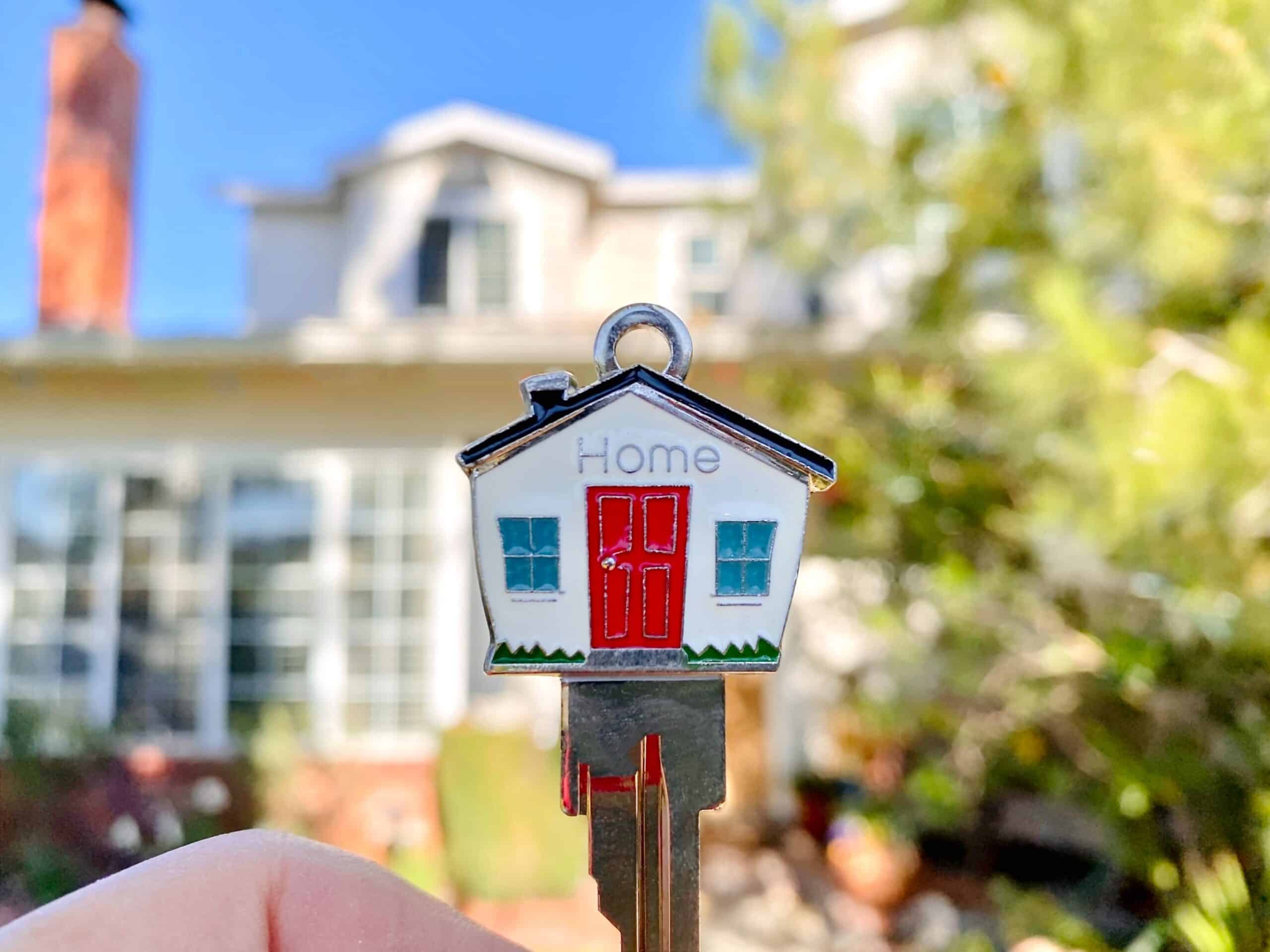Being a landlord in Texas can be a lucrative and rewarding experience, but it's not…
Landlord Responsibilities in California: A Comprehensive Overview – Guest Post

As a landlord in California, you have certain legal responsibilities that you must fulfill to ensure the safety and well-being of your tenants. Failure to meet these obligations can result in legal consequences, including fines and even lawsuits. In this comprehensive overview, we’ll go over the most important landlord responsibilities in California.
- Habitability
The most fundamental responsibility of a landlord in California is to provide habitable living conditions for their tenants. This means that the rental property must be safe, clean, and in good repair. Specifically, landlords are required to provide:
- Working plumbing, including hot and cold running water and sewage disposal
- Heating facilities, if required by the climate
- Electrical lighting and wiring that meets safety standards
- Clean and safe common areas
- Appropriate trash receptacles
- Floors, stairways, and railings that are in good condition and safe to use
- Adequate weatherproofing and insulation
- Working smoke detectors in each unit
If a landlord fails to provide habitable living conditions, tenants have the right to withhold rent until the issue is resolved or to take legal action against the landlord.
- Maintenance and Repairs
According to California landlord-tenant law, landlords in California are responsible for maintaining the rental property in good condition. This means that they must promptly repair any issues that arise, such as leaks, broken appliances, or malfunctioning HVAC systems. Landlords are also responsible for repairing any damage caused by natural disasters or criminal activity.
Tenants are required to report any maintenance or repair issues to the landlord promptly. Once the landlord is notified, they have a reasonable amount of time to fix the issue. If the landlord fails to make the necessary repairs, tenants can take legal action.
- Security Deposits
Landlords in California are allowed to charge a security deposit at the beginning of a tenancy. This deposit is intended to cover any damages to the rental property that occur during the tenancy. However, landlords must follow certain rules when handling security deposits, including:
- Providing a written receipt for the deposit
- Keeping the deposit in a separate account
- Providing an itemized list of any deductions from the deposit at the end of the tenancy
- Returning the deposit within 21 days of the tenant moving out
If a landlord fails to follow these rules, they may be required to return the security deposit in full, regardless of any damages.
- Tenant Privacy
Landlords in California must respect their tenants’ right to privacy. Specifically, landlords are required to provide tenants with reasonable notice before entering the rental property for any reason. In most cases, 24 hours notice is considered reasonable. Landlords may only enter the rental property without notice in emergencies or with the tenant’s permission.
- Anti-Discrimination Laws
Landlords in California are prohibited from discriminating against tenants based on certain characteristics, including race, ethnicity, religion, gender, sexual orientation, and familial status. Landlords may not refuse to rent to tenants or treat tenants differently based on these characteristics. Violating anti-discrimination laws can result in significant legal consequences.
FAQs
What are tenant rights in California?
Tenants in California have various legal rights to ensure a safe and fair living environment. These rights include the right to a habitable dwelling, protection against discrimination, privacy rights, the right to a return of their security deposit, and the right to withhold rent in certain circumstances. Tenants also have the right to notice before any rent increases or evictions, and to seek legal remedies for any violations of their rights. It is important for tenants to understand their rights and responsibilities to maintain a healthy landlord-tenant relationship.
How can a tenant file a complaint against their landlord in California?
Tenants in California can file a complaint against their landlord by contacting local housing authorities, filing a lawsuit in court, or submitting a complaint to the California Department of Consumer Affairs. It is important to gather evidence and follow proper procedures to ensure a successful complaint.
How can a landlord evict a tenant in California?
In California, landlords must follow specific legal procedures to evict a tenant. First, the landlord must provide the tenant with a written notice to vacate, stating the reason for the eviction. If the tenant does not vacate, the landlord must file an unlawful detainer lawsuit and serve the tenant with a summons and complaint. The tenant has five days to respond, after which the landlord can request a court hearing. If the court rules in favor of the landlord, a writ of possession is issued, giving the tenant five days to vacate. If the tenant still does not vacate, the sheriff can enforce the eviction. It is important for landlords to follow these procedures carefully to avoid legal consequences.
Conclusion
In summary, landlords in California have a variety of legal responsibilities that they must fulfill to ensure the safety and well-being of their tenants. These responsibilities include providing habitable living conditions, maintaining the rental property, handling security deposits properly, respecting tenant privacy, and complying with anti-discrimination laws. By following these guidelines, landlords can create a positive and successful rental experience for both themselves and their tenants.
